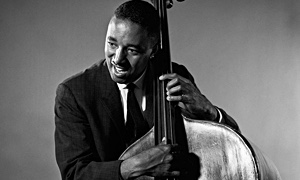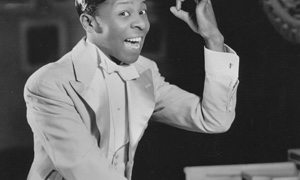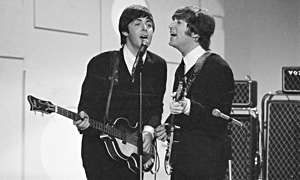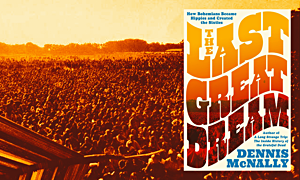Home » Jazz Articles » Book Review » Song For Someone: The Musical Life of Kenny Wheeler
Song For Someone: The Musical Life of Kenny Wheeler
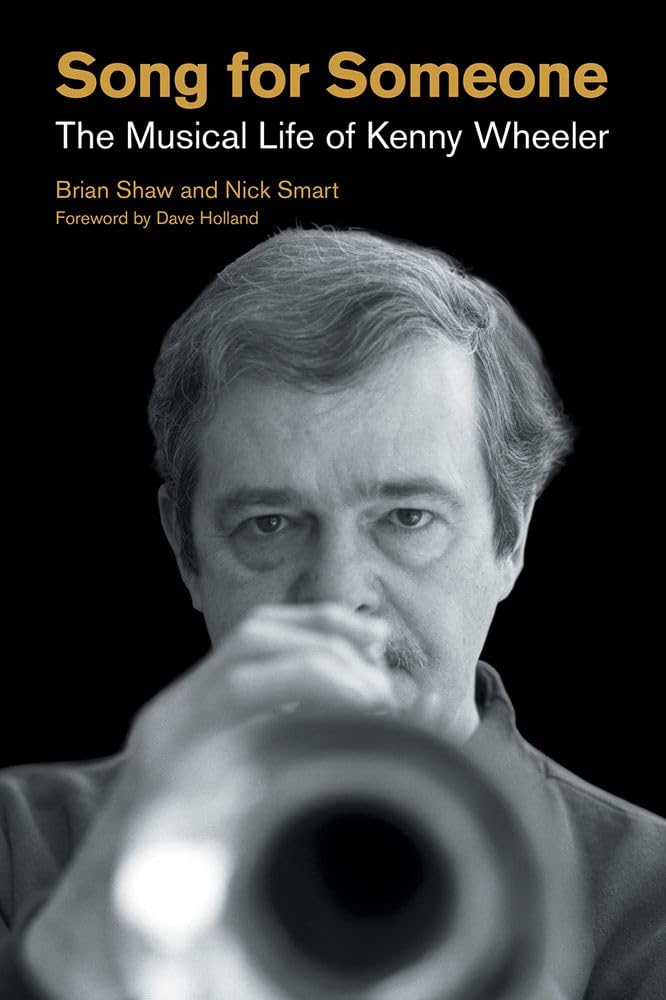 Song For Someone The Musical Life of Kenny Wheeler
Song For Someone The Musical Life of Kenny Wheeler Brian Shaw and Nick Smart
509 Pages
ISBN: # ISBN-13-978-178179
Equinox Publishing
2025
If only for his trumpet and flugelhorn playing Kenny Wheeler stands as one of the modern greats, marrying linear lyricism and free-jazz expression like no-one else. But as a composer, Wheeler was just as innovative, developing harmonic and melodic language in new ways, and bringing together musicians from very different backgrounds to spectacularly creative effect. Like a cross between

Dizzy Gillespie
trumpet1917 - 1993

Gil Evans
composer / conductor1912 - 1988
Brian Shaw
trumpetNick Smart
trumpetWheeler had died just before Shaw and Smart set about writing this biography in 2014. First-person recollections are drawn mostly from archival interviews and other material over the decades. Would the book have benefited had the authors been able to interview Wheeler more frequently in his later years? It is doubtful. A man of few words, ("I don't say much but when I do I don't say much") Wheeler's shy demeanor and remarkable lack of ego made him a somewhat elusive figure who preferred to let his music do the talking.
There is no shortage of people to fill in any blanks; Wheeler's closest musical collaborators for over fifty years—

Evan Parker
saxophone, sopranob.1944

John Taylor
piano1942 - 2015

Norma Winstone
vocalsb.1941

Dave Holland
bassb.1946
The inextricable link between Wheeler's personality, his personal relationships with musicians and his creativity is another constant feature of his story. For Wheeler, it was much more important to have a musician he liked in his projects than a technically better equipped one.
As the authors note in meticulous detail, Wheeler encountered a huge number of musicians across very diverse musical fields. In addition to big-band, contemporary jazz and free-jazz, Wheeler worked extensively in commercial studios, typically uniting musicians from all these different musical worlds in the studio.
Pete Churchill, who worked with Wheeler on several projects including Mirrors (Edition Records, 2013) noted that the Canadian " ... wrote very exact music for very inexact people to play it." Churchill's description of Wheeler as being like a watchmaker who needed a few anarchists around him cuts to the heart of Wheeler's modus operandum.
UK readers in particular may be tickled to learn that Wheeler left his stamp on the soundtrack to Mr. Benn a popular children's TV show that ran from the '70s to the '90s. Each episode saw Mr. Benn, a Londoner, visit a fancy-dress shop, try on a different costume and exit via a magic door that transported him to different worlds in keeping with his attire. In a way, Wheeler was similar to Mr. Benn, starring in an array of musical settings that pitted him variously with commercial dance bands, the European free-jazz brigade, top American musicians, the James Last Orchestra, and playing on the soundtrack to the James Bond film Goldeneye.
A rounded picture of Wheeler emerges from these pages, the authors noting his courage in leaving small-town Canada in 1952 for England, while also addressing the performance anxiety that afflicted him his entire career. It is fairly common knowledge that Wheeler chose England over America for fear of being drafted into the Korean war, but it may come as a surprise for some to learn that Wheeler took to meditation and beta blockers to control his stage nerves.
And whilst fulsome in their praise of Wheeler's achievements—his versatility, the landmark recordings, the admiration he inspired—this is no hagiography. Loved as Wheeler was by his many friends and associates, not all of his relationships were so rosy. The authors do not shy away from detailing Wheeler's decades-long discomfort with British jazz critics, with whom he endured a difficult and sometimes confrontational relationship. Nor, we learn, were Wheeler's collaborations with ECM Records head honcho Manfred Eicher without their trials.
Ever-present in Wheeler's corner was his wife, Doreen, whose unstinting dedication and tireless sacrifices enabled her husband to fully indulge his musical talent without expending energy on more mundane—though essential—day-to-day tasks. He could play a wicked solo and pen beguiling melodic and harmonic lines, but Kenny Wheeler, it seems, could not have boiled an egg if his life depended on it. The book is dedicated to his rock, Doreen Wheeler.
All Wheeler's waystations are duly visited by the authors: the John Dankworth Orchestra; the Globe Unity Orchestra; " data-original-title="" title="">Azimuth; the

Anthony Braxton
woodwindsb.1945
That this hefty tome never feels bloated is both a reflection of Wheeler's standing as an influential creative force, and a testament to the care that the authors clearly invested in their task. Their exhaustive research and boundless dedication have rendered a biography of a modern jazz great that feels definitive.
Tags
Comments
PREVIOUS / NEXT
Support All About Jazz
 All About Jazz has been a pillar of jazz since 1995, championing it as an art form and, more importantly, supporting the musicians who make it. Our enduring commitment has made "AAJ" one of the most culturally important websites of its kind, read by hundreds of thousands of fans, musicians and industry figures every month.
All About Jazz has been a pillar of jazz since 1995, championing it as an art form and, more importantly, supporting the musicians who make it. Our enduring commitment has made "AAJ" one of the most culturally important websites of its kind, read by hundreds of thousands of fans, musicians and industry figures every month.






 Buy Now
Buy Now






